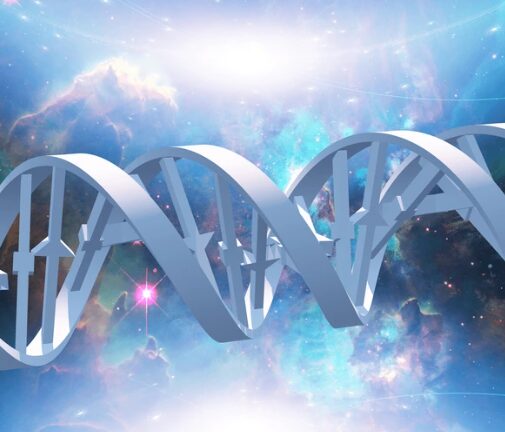A controversial new study is raising eyebrows in the scientific community with claims that some humans may carry alien DNA, potentially the result of extraterrestrial intervention in our genetic makeup.
Dr. Max Rempel, founder and CEO of the DNA Resonance Research Foundation, has analyzed genetic data from both self-identified alien abductees and participants in the 1,000 Genomes Project. According to his findings, several families contained unusual DNA sequences that could not be traced back to either parent. The research, which has not yet been peer-reviewed, suggests the existence of 348 genetic variants unaccounted for by known inheritance patterns.
“If proven, this would be as world-shattering as recovering a flying saucer,” said author and UFO researcher Nigel Watson, who urged caution due to the study’s speculative nature and limited dataset.
Rempel claims that this unexplained genetic material—referred to in the study as possible alien DNA—may have been inserted into the human genome long before the advent of modern gene-editing tools like CRISPR, which only became available after 2013. The subjects included in the analysis were all born before 1990, ruling out contemporary technological intervention.
Additional testing using consumer genetic platforms such as 23andMe revealed similar non-parental genetic markers among individuals who claimed to have experienced alien abductions. Rempel hypothesizes that these markers could indicate a larger pattern of extraterrestrial genetic modification.
He further speculates that the presence of alien DNA may be linked to neurodivergent traits such as autism and ADHD, although he acknowledges that this connection remains unproven. Some individuals may even possess heightened cognitive abilities such as telepathy, according to the theory.
Rempel emphasizes that more accurate data is necessary to validate the claims. Current genotyping methods, he says, lack the resolution needed to detect the novel variants involved. He is advocating for broader use of next-generation sequencing to conduct more detailed studies of families with potential alien ancestry.
Nigel Watson echoed the need for rigorous scrutiny, noting that many alien abduction reports are anecdotal and may stem from psychological or environmental factors. Nevertheless, he agrees that further study of these claims could yield significant findings.
Despite the skepticism, Rempel maintains that potential alien hybridization could have profound implications for the future of human evolution.
“We need to consider how much alien hybridization is healthy for the planet, and which alien races we might give priority,” he said.

